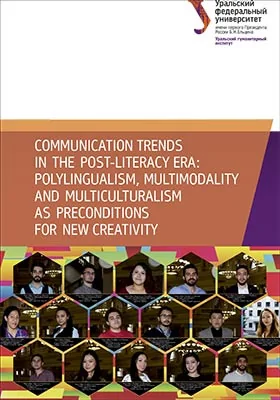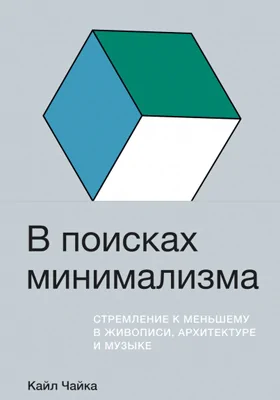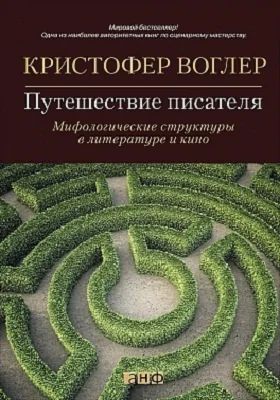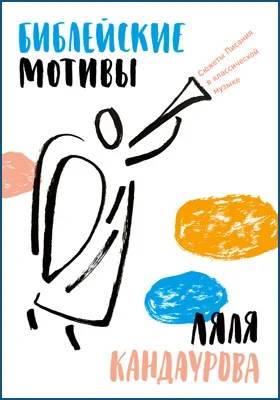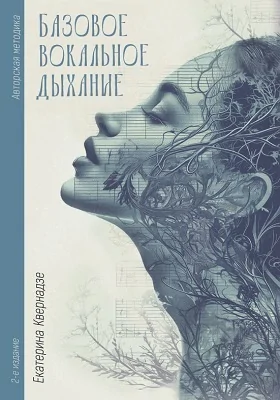Communication Trends in the Post-Literacy Era : polylingualism, Multimodality and Multiculturalism As Preconditions for New Creativity
Здесь можно купить книгу "Communication Trends in the Post-Literacy Era : polylingualism, Multimodality and Multiculturalism As Preconditions for New Creativity" в печатном или электронном виде. Также, Вы можете прочесть аннотацию, цитаты и содержание, ознакомиться и оставить отзывы (комментарии) об этой книге.
Форматы: PDF
Издательство: Издательство Уральского университета
Год: 2020
Место издания: Екатеринбург
ISBN: 978-5-7996-3081-2
Страниц: 790
Артикул: 100976
Краткая аннотация книги "Communication Trends in the Post-Literacy Era"
The monograph presents the research results of the discussion held at the Fifth International Research Conference “Communication trends in the post-literacy era: polylingualism, multimodality and multiculturalism as prerequisites for new creativity” (Ekaterinburg, UrFU, November......26–28,......2020). The book is a result of joint efforts by the research group “Multilingualism and Interculturalism in the Post-Literacy Era”. The research results are presented in the form of sections that consistently reveal the features of modern media culture; its contradictory manifestations associated with both positive and negative consequences of mass media use; the positive role of new media in education during the COVID‑19 pandemic; creative potential of contemporary art and mediation, contemporary art and media environment. The collective monograph will be of interest to researchers in media culture, media education, media art and tools of social networks and new media in modern education, primarily in teaching foreign languages and Russian as a foreign language, in the professional education of journalists and specialists in the field of media communications.
Содержание книги "Communication Trends in the Post-Literacy Era : polylingualism, Multimodality and Multiculturalism As Preconditions for New Creativity"
Gudova Margarita, Guzikova Maria, Yamshchikov Ivan. Creativity in the Age of Robots: A Polemic, Philosophical and Cultural Preface to a Discussion
Part 1. NEW MEDIA AND THE NEW CREATIVITY IN EDUCATION
1.1. Lessons from the COVID‑19 Pandemic: New Technologies and New Educational Environments
Yurlova Svetlana. Problems and Prospects of On-Line Education in Russia
Kartasheva Anna. Emotion Design in the Educational Program “Intelligent Systems in the Humanities”
Belyakova Irina, Kecherukova Marina. Creativity as a Challenge in the EFL Classroom
Mikhailova Svetlana, Zaitseva Alena. Creative Speech Making as One of the Goals of Teaching a Foreign Language
Alimova Мaria, Gutorova Daria, Prokopova Ivanna. Implementation Features and Development Prospects in Distance Learning of Russian as a Foreign Language (RFL) at Pre-University Faculty
Martynova Margarita, Nikolenko Elena, Nikolenko Galina. New Communicative and Expressive Powers in Online and Offline Teaching Russian as a Foreign Language
Trocuk Svetlana. Specifics of Using E-Educational Resources in Teaching Russian as a Foreign Language
Si Xi. Short Video — a New Approach to Language International Education
Aksenova Marina. Creative Potential of Memes in Foreign Language Training
Mirzoyeva Leila, Syurmen Oxana, Dosmakhanova Raikul, Azhiyev Kanat. Code Switching as a Peculiar Feature of Digital Communication in Multilingual Settings
Soboleva Anna, Urvantceva Natalia. Non-Verbal Tools of Intercultural Communication in the Practice of Teaching Russian as a Foreign Language
Astanina Anna, Boltenkova Yuliya, Rassakazova Tatiana. The Role of Multimodality and Technology in Teaching EFL to Visually Impaired Lower-Level Learners
Leontjev Dmitri, Rasskazova Tatiana. Assessment Cultures and Virtual L2 Teaching and Learning
1.2. Features of Multilingual Education in a Multicultural Environment
Efremova Yulia, Simbirtseva Natalia. Formation of Cultural Identity of Bilingual Children in the Conditions of Russian Everyday Life
Tangalycheva Rumiya. Cultural Assimilator Technique as a Creative Method for Increasing Intercultural Competence in Multicultural Groups of Students
Ivanyan Elena, Gurova Irina. Laboratory of Linguistic Meanings Within Communication Trends of the Post-Literacy Era
Darzhinova Liubov. Resolving Structural Ambiguity in Language Processing: A Systematic Review
Mukhina Irina, Efremovskikh Anastasia. Opposition “Universal and Specific Names of Coffee” as a New Communication Trend
Magsar Tseven. Some Peculiarities of Russian Cultural Constants in the Language and Culture of Mongolia
Forteza Fernandez Rafael Filiberto, Rubtsova Elena. Cultural Representations of Spain and Latin America in Spanish as a Foreign Language. A Critique
Part 2. NEW CREATIVITY, MEDIA AND MEDIATORS
2.1. Modern Media Culture: Gains and Losses
Yarkova Elena. The Notion of Media Culture: An Attempt at Deconstruction
Gudova Margarita, Litwinova Anastasia. Language Diversity in Business Communication in the Social Network Instagram (On the Example of Bars, Cafes and Restaurants Ads)
Kalaykova Julia, Pankina Marina. Boundaries of Multimodality in Virtual Information Environment Design
Gudova Margarita, Glazkova Daria. Use of New Nature Texts in the VKontakte Social Network
Blinova Olesya, Gorbunova Yuliya, Deviatovskaia Irina. Marginal Political Practices of Youth as a Communication Trend in the Post-Politics Era
Vorobyova Irina, Kruzhkova Olga. Stress Factors of the Virtual Environment of a Metropolis: Perception of Youth
Shalagina Elena Vladimirovna. Cyber Bullying in the Modern Media Environment: Sociological Analysis of the Ideas of Adolescents and Teachers (Based on the Materials of Applied Sociological Research)
Latu Maxim, Tagiltseva Julia. The Use of Cartoon Characters in Extremist Internet Discourse as a ‘Soft Impact’ Technology
Murzina Irina. Introduction to the Historical Past: Informal Educational Media Practices in Modern Russia
Simonova Irina. The Concept of a National Idea in a Multicultural Media Space: Formal vs Informal Logics
Yazovskaya Olga, Gudova Iuliia. Problems of the Phenomenon of Empireness in the Postcolonial Era and Its Expression in Various Forms of Media Imperialism via the Examples of the USA, Japan and Russia
Muratshina Ksenia Gennadievna, Valeeva Marina Vladimirovna. Russia — Post-Soviet Central Asia Cooperation in Information and Media
Iakimova Olga A. Representation of Migrants in the Public Discourse of Russia
2.2. Modern Media Education
Yefanov Aleksandr, Tomin Vitaly. Segmentation and Profiling of Media Communications: Industrial and Educational Determinants
Myasnikova Marina, Martsevich Yury. “New Journalism” as a Synthesis of Forms: Relationships With Literature, Fiction Publicistics and Screen Documentary
Zvereva Ekaterina. Interaction “Journalist — Robot Journalist”: Communicative Advantages and Social Responsibility
Sumskaya Anna, Sumskoy Pavel, Solomeina Valeria. Subcultures of the “Analogue” and the “Digital”: Prospects of Intergenerational Communication
Oleshko Vladimir, Oleshko Eugene. Creative Environment as a Factor of Professional Culture Formation of Journalists in the Digital Era
Antonova Natalya, Khafizova Viktoria, Gurarii Anna. Media Globalisation and Desacralisation of a Journalist’s Image
Chelysheva Irina. Reflection of University Students’ Interethnic Tolerance in Russian Media Education: Past and Present
2.3. New Arts, Media and Mediators as a World of Meanings in New Media
Muravleva Valeriya. The Mass Media Communicative Situation and the Text Semantics
Shesterina Alla. Modern Trends in the Development of Audiovisual Media as Translators of Cultural Values
Boeva Galina. Literary Reputations in the Post-Literacy Era: The Image of a Writer in the Runet
Mirzoeva Leila, Syurmen Oksana. Precedent Text as a Special Kind of Code in the Internet Communication
Mengmen Yuan. Bestiary in Modern Media Art (Based on the Tales of P. P. Bazhov and the “Shan Hai Jing” Materials)
Bogomyakov Vladimir, Chistyakova Marina. Upgrade of a Fungus in Contemporary Art: From Media to Co-Author
Tangalycheva Rumiya. Zombie Apocalypse in Cinema as a Form of Adaptation to New Digital Technologies and Their Consequences
Temlyakova Alina. Creativity in the Film Director’s Work: An Example of Works by A. Zvyagintsev
Yarmosh Anastasia Sergeevna. Art & Science Potential in the Development of Russian Scientific Communication in the Museum Exhibition Policy Context
Melnikova Svetlana, Zhuravleva Nadezhda, Bulatova Anastasiya. The Role of a Mediator in the Participatory Practices in the Museum (Mediation and Facilitated Discussion)
Pryamikova Elena, Vandyshev Mikhail. Multimedia Practices in Corporate Museums: Tribute to Fashion or Canon Transformation
Golovatina-Mora Polina, Rubtsova Elena, Fedorova Ksenia. Media and Audio Practices: a Search for Philosophical Background of Analysis
Smirnova Tatyana. Renewal of the Language of Music Through Silence
Okhvat Kristina. Nikolai Ironov: How Neuronets Create Digital Visual Culture
Authors
Все отзывы о книге Communication Trends in the Post-Literacy Era : polylingualism, Multimodality and Multiculturalism As Preconditions for New Creativity
Отрывок из книги Communication Trends in the Post-Literacy Era : polylingualism, Multimodality and Multiculturalism As Preconditions for New Creativity
473. How often do you use tasks to develop creative skills and creativity in for-eign language classes? (in almost every class, sometimes, rarely, almost never).4. At what stage of handling the material do you use tasks to develop creative skills? (at the stage of presentation of new material, at the stage of working out and solidifying new knowledge, at the production stage).5. In your opinion, what are the students’ responses to creative assign-ments? (positive, rather positive, rather negative, other).6. What level of proficiency in a foreign language, in your opinion, should students have in order for them to complete creative tasks? (any, A1, A2, B2 and higher).7. In your opinion, are there enough terms of creative engagement in the learning and teaching support kit used by you? (not enough, enough, there are too many such tasks).8. Do you have any difficulties in arranging and conducting creative as-signments? (you can choose more than 1 option) (I don’t have any, preparation takes too much time, it takes too much classroom time, it is difficult to organise students, I have difficulties in assessing this kind of assignment, other).9. What types of creative tasks do you use in foreign language classes? (‘brainstorming’, ‘mind maps’, crosswords, puzzles, logic puzzles etc., creative writing, dramatisation, project assignments etc.).10. Do creative tasks contribute to more successfully mastering a foreign language? (no doubt, they do; not always; they contribute to the development of communication skills, creativity but not directly to mastering a foreign language).Further, the survey results were processed. In discussing the results, the authors also took into account their own experience in working with creative assignments in English classes with university students in Tyumen.4. Research findings4.1. Creativity as a multifaceted conceptResearchers agree that creativity is a complex phenomenon that does not have one generally accepted definition. It implies ...
С книгой "Communication Trends in the Post-Literacy Era" читают
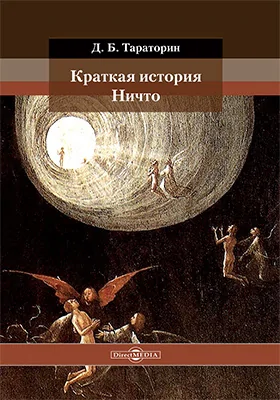
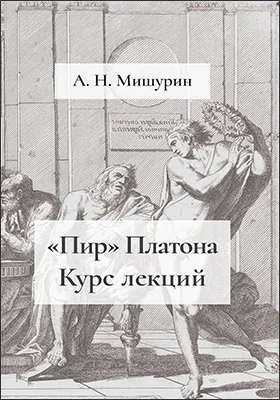
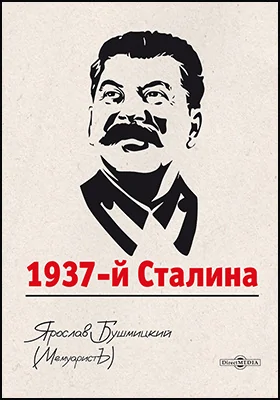
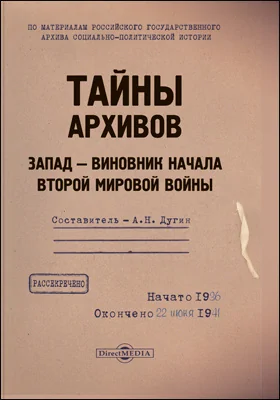
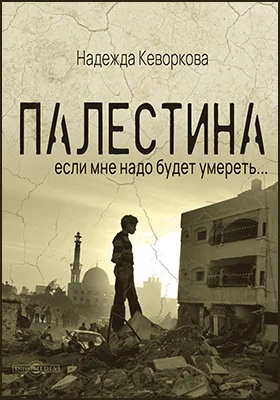
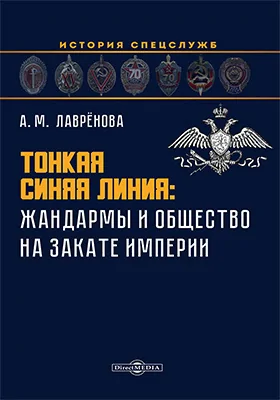
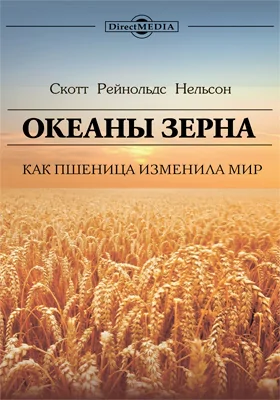
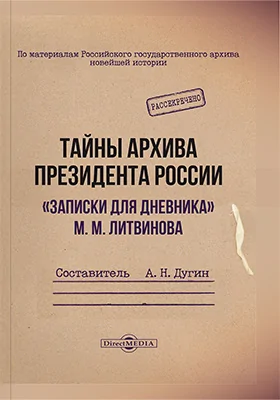
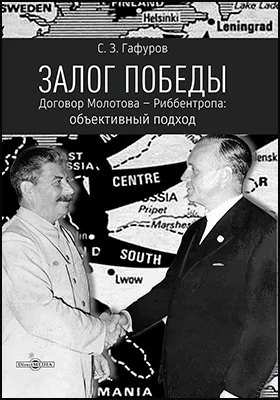
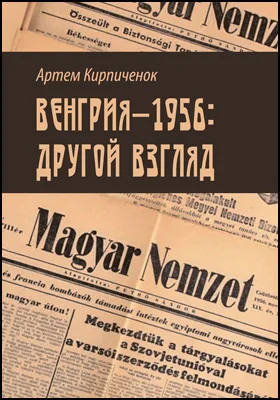
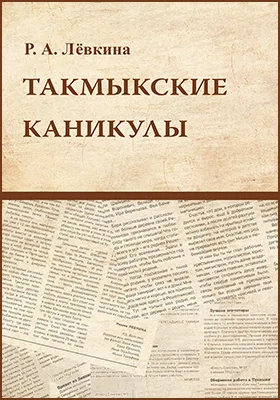
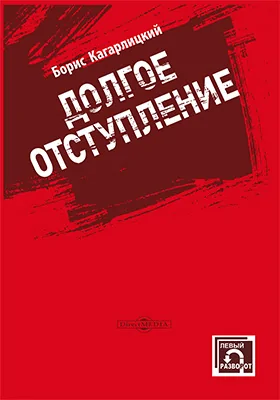
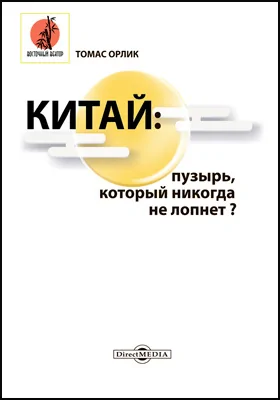
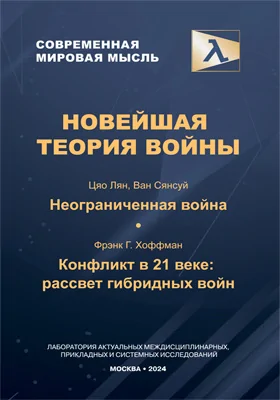
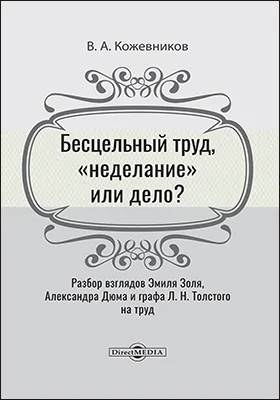
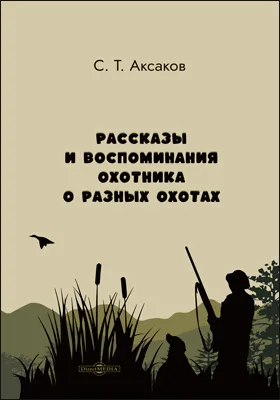
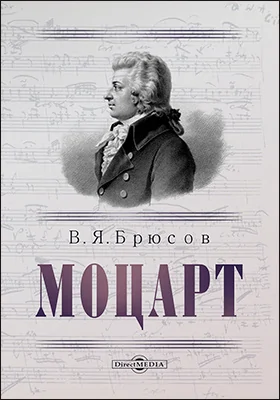
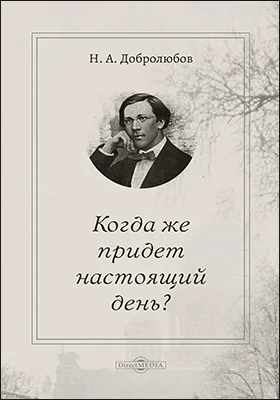
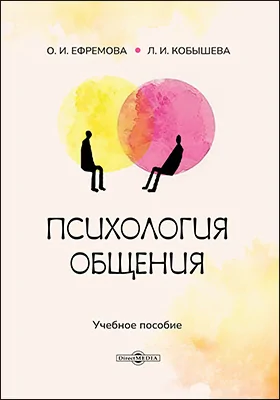
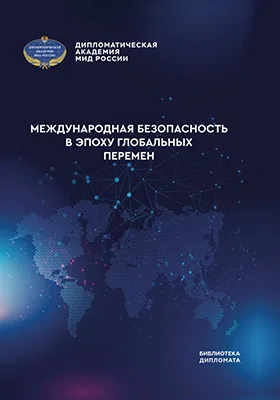
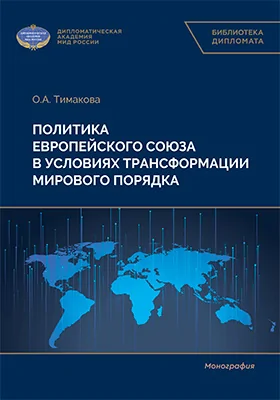
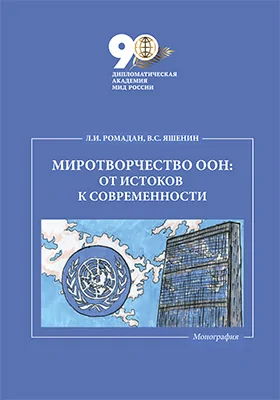
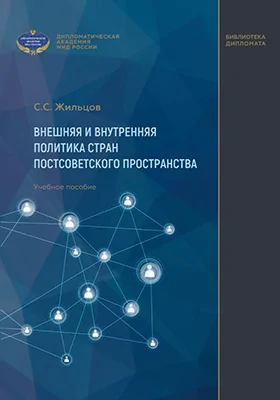
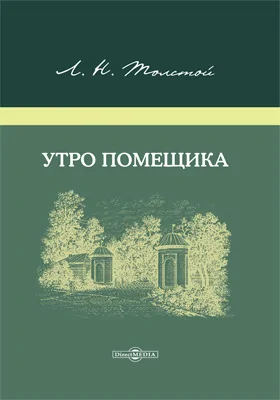
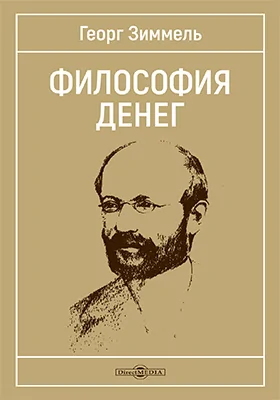
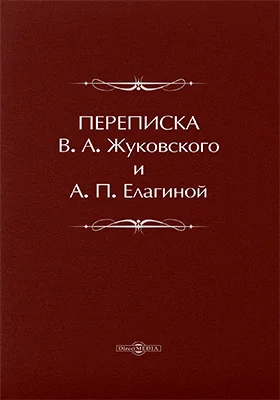
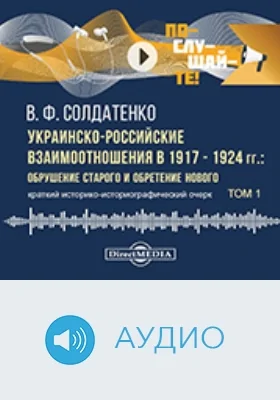
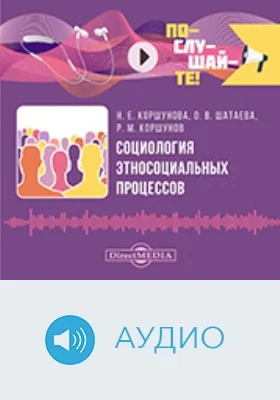
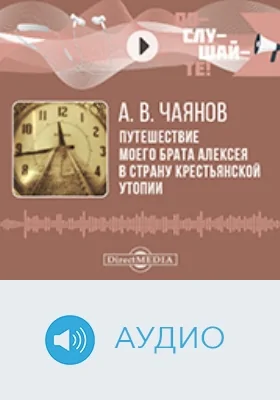
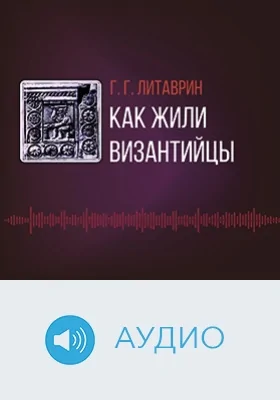
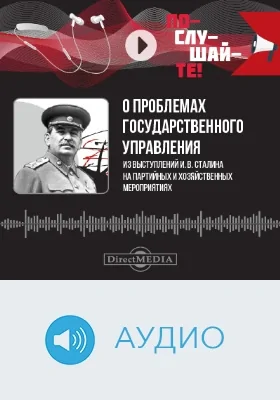
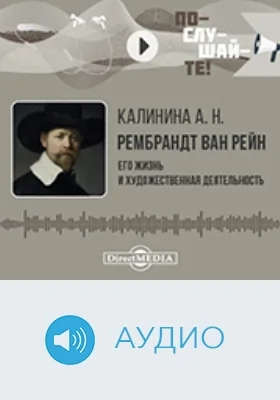
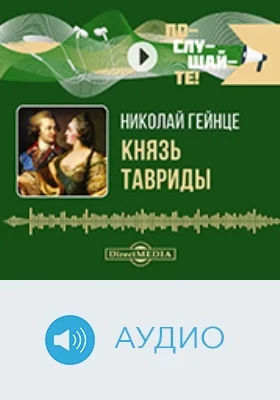
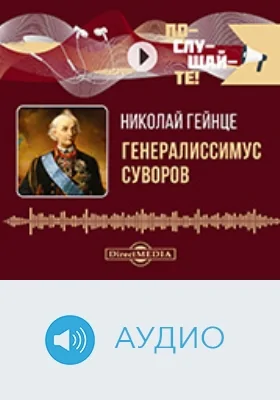
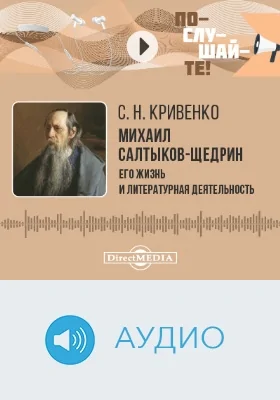
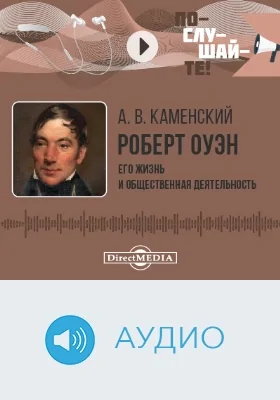
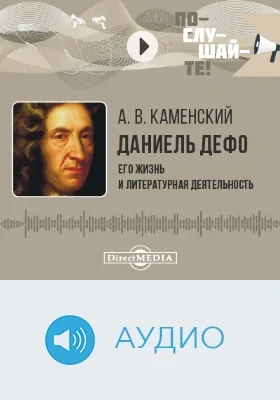
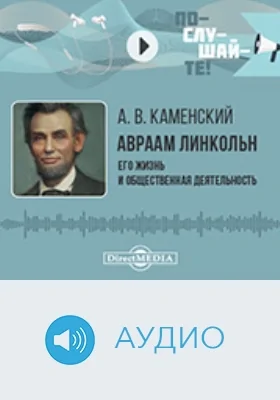
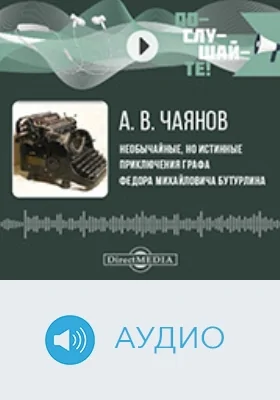
Внимание!
При обнаружении неточностей или ошибок в описании книги "Communication Trends in the Post-Literacy Era : polylingualism, Multimodality and Multiculturalism As Preconditions for New Creativity (автор )", просим Вас отправить сообщение на почту help@directmedia.ru. Благодарим!
и мы свяжемся с вами в течение 15 минут
за оставленную заявку

